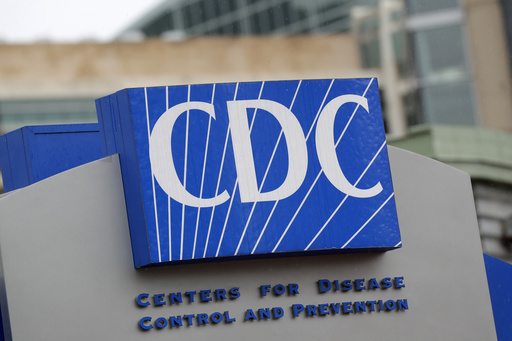Researchers are currently engaged in what has been described as a frantic effort to determine which public information the Trump administration has removed from government sites and digital publications.
Recently, numerous federal agencies took down a significant number of government web pages in a rush to follow President Donald Trump’s directives to eliminate references to transgender individuals and to remove what was labeled as “gender ideology” from various platforms, including websites, contracts, and email communications.
While some websites were restored on Monday, data analysts remain uncertain about the exact nature of the deletions or alterations made during this process.
Amy O’Hara, a researcher from Georgetown University and president of the Association of Public Data Users, expressed frustration with the situation, stating, “You go looking for something, and it’s simply not there.” In a sense, social science researchers and other data users likened their discovery of inaccessible federal datasets to sounding an alarm, compelling them to act swiftly as they rushed to secure backups of previously available data.
Although the administration’s directive aimed at eliminating specific transgender and gender-related terms, there are rising concerns among researchers that potentially sensitive topics, like climate change or vaccination data, could also face similar removal or alterations.
In response to these actions, an expert panel associated with the Centers for Disease Control and Prevention (CDC) requested a meeting to discuss the deletions. This committee, which was established by Congress to offer advice to the CDC director, urged acting director Susan Monarez to clarify the reasons behind cutting off access to critical datasets that inform communities about their health.
Dr. Joshua Sharfstein, a member of the panel and former federal health official now working at Johns Hopkins University, noted that they have yet to receive a reply from the agency.
Experts have pointed out that not only were major datasets and summaries affected, but also codebooks that detail different variables; changes were noted in published research utilizing these datasets, along with redactions in publications concerning specific subjects. O’Hara remarked on the staggering scale of these developments, highlighting that researchers are continuously discovering further omissions when they conduct their inquiries.
For instance, on Monday, when a query was made to access data from the U.S. Census Bureau’s expansive survey on American life, the response indicated that the information was “unavailable due to maintenance.” The CDC’s public health data portal, data.cdc.gov, was entirely offline on Friday but was reinstated over the weekend, now bearing a banner indicating modifications were made to comply with President Trump’s Executive Orders. Although the Youth Risk Behavior Survey data was restored, at least one column related to gender was missing, and accompanying data documentation was not available. The CDC has not provided any immediate comment on the situation.
To combat potential disruptions in access to federal data, some researchers took preemptive actions to ensure information remains accessible. On Monday, the American Sexually Transmitted Diseases Association shared federal STD data and treatment protocols that were urgently downloaded from the CDC’s website on Thursday evening. Abigail Norris Turner, an Ohio State University medical researcher and the association’s president, pointed out that taxpayer investments went into collecting, analyzing, and distributing this data for public use. She stated, “Executive orders don’t change who has STIs or who needs evidence-based care for them,” emphasizing the importance of maintaining access to accurate information.
The U.S. statistical system is frequently regarded as the best in the world, and many fear that the recent removals will erode trust in the integrity of this data. Beth Jarosz, a senior program director at the Population Reference Bureau, commented, “This sets a really dangerous precedent that any administration can come in and delete whatever they don’t like.” She underscored the importance of public access to taxpayer-funded data.
In a joint statement, the leaders of both the Population Association of America and the Association of Population Centers condemned the removals as “unacceptable” and urged Congress along with the Trump administration to reinstate the datasets.
Paul Schroeder, executive director of the Council of Professional Associations on Federal Statistics, warned that data seekers may be compelled to resort to legal action or submit Freedom of Information Act requests to regain access to the datasets. He emphasized that the removal of public datasets directly contradicts the principles that statistical agencies were designed to uphold, saying, “Public data users are being left in the dark about what is going on.”



